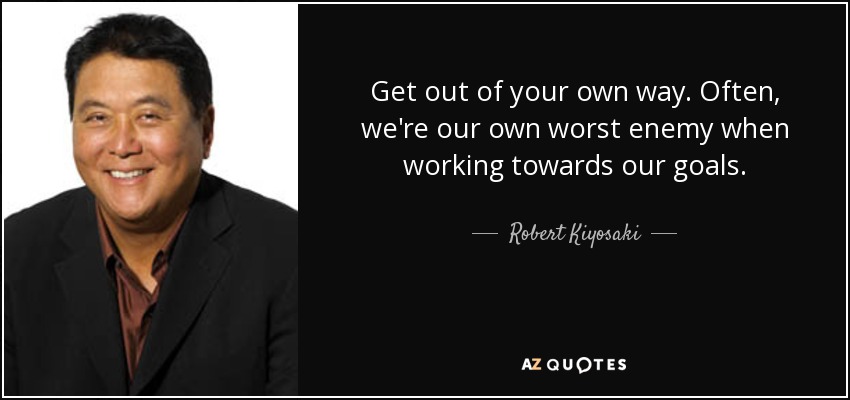A habit is formed with 21 days of consistency. But how do you stay consistent with anything for 21 days? If you had that kind of discipline, surely you wouldn’t need to rely on a 21-day magic power. It feels like a chicken and egg problem.
This article will show four ways to demystify the process of forming the habit, even with poor self-discipline.
1. Start small and live for only a day
a. Break down your habit into small, manageable actions

The key to becoming a master guitarist is learning the first few strings. When you only need to read a chapter of a book, the task doesn’t seem as daunting anymore. Use tools like Drogo to break down your week into smaller, more manageable chunks.
b. Repeat those actions everyday without bothering with whether you will repeat it the next day.

Take off the pressure of the future. You have today. You don’t need to be this perfect person tomorrow. You only need to do a few squats today. Just today.
c. Gradually increase the difficulty or frequency of the actions over time
Did you play Tetris? Remember the feeling when you could dodge at level 5 speed? How did it feel going faster?

One of the reasons games are super addictive is the fact that they celebrate small victories. You loved the rush you felt when you beat a level. Gamify your goals. Create “levels”.
2. Use positive reinforcement
a. Reward yourself for sticking to your habit

Our brains are wired to promote the things that make us feel good about ourselves. Use that to your advantage. Help your brain associate your actions towards your goals with positivity.
b. Find a way to make the habit enjoyable or satisfying
 Image Source: 30seconds.com
Image Source: 30seconds.com
If you think about it, like really think about it, you will find a few things - like changing your reading spot or joining a book club - that could make reading a chapter of a book a bit more fun. The same applies to any other task.
Invest in making tasks a bit more enjoyable. The rewards over time are usually worth the investment.
c. Focus on the positive benefits that come from the habit
 Image by stefamerpik on Freepik
Image by stefamerpik on Freepik
Even when doing the most mundane of things, randomly remember the results you are trying to achieve. Let that image dance around your head for a few seconds. Allow the smile to grow across your face. Be proud of yourself for what you’ve already done.
Focusing on the benefits typically boosts your mental strength to continue. You need every boost you can get.
See also: 6 project management tools that can make your content marketing top-notch
3. Create accountability
a. Share your habit with others and ask for their support
If you want to go fast, go alone. If you want to go far, go together. I’ll recommend joining a group like TAN Circles that holds you accountable and encourages you every step of the way.
b. Make a public commitment to your habit
Tweet about it. Tell a friend or two. Announce to your family. Find a way to make somebody else know about what you’re trying to achieve. Then strive to not disappoint them.
c. Keep track of your progress and share it with others

Use tools like Drogo to keep track of your progress toward your goals. Share this progress with friends and your support group as regularly as you can. It helps you hold yourself accountable.
4. Address potential obstacles
a. Identify potential barriers to sticking to your habit

Do you really feel like tomorrow is better than today to climb the karaoke stage? Or is your imposter syndrome tearing your confidence?
Figure out the factors that come between you and your goal and come up with a plan to circumvent them. Be brutally honest with yourself.
b. Plan ahead for how you will deal with those barriers
Be detailed in your plan to beat your barriers. If you need to cut down on a social call, be clear on why and how. The more details your plan has, the easier it will be to execute.
c. Find ways to make the habit fit into your lifestyle and schedule
Don’t try to twist your day far away from your current routine. If the change is too drastic, it will be difficult to sustain.
Instead, do things that are in line with the things you already do. For instance, if too many meetings aren’t letting you hit your goal of 5000 steps daily, you could explore taking the calls through headphones, while walking.
Conclusion
By following these four strategies, you can build lasting habits that become an integral part of your daily routine. Remember that building habits take time and effort, but by living for every day, holding yourself accountable, and leveraging support systems, you can make positive changes in your life.
Drogo helps you beat procrastination and drive accountability for yourself and your team by making it easy to apply these four techniques. Click here to learn more.


